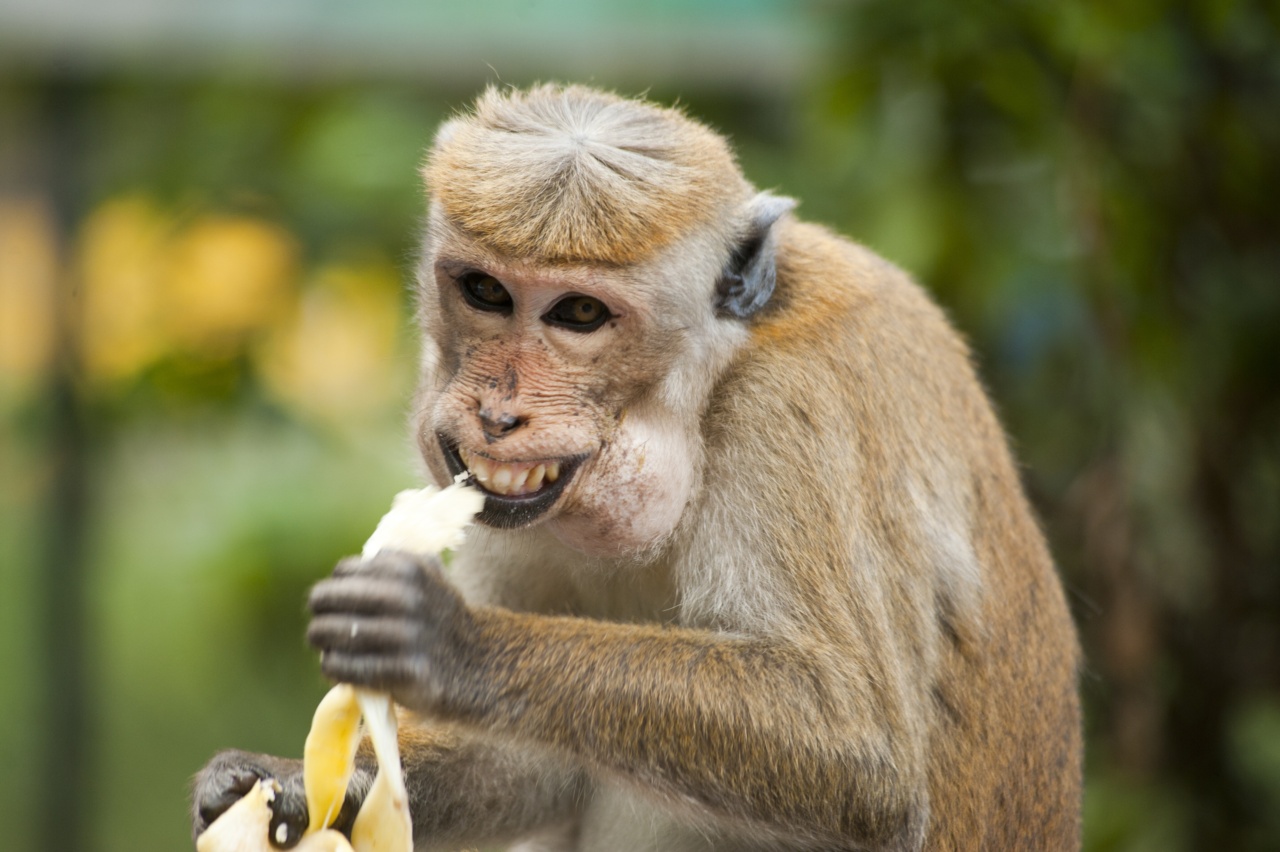Oral health is undoubtedly an essential aspect of our overall wellbeing. It affects not only our ability to speak and eat but also affects our self-esteem and social interactions.
While most oral health issues are commonly associated with humans, a lesser-known fact is that many other species, including apes, also suffer from various dental problems. These frequent ape encounters with oral health issues serve as a grim warning that neglecting oral hygiene can have severe consequences.
The Importance of Oral Health in Apes
Apes, our closest relatives in the animal kingdom, share many similarities with humans, including their dental structure. Just like us, they rely on their teeth for crucial functions such as chewing food, communicating, and defending themselves.
Therefore, neglecting oral health can have severe implications for their overall health and well-being.
Common Oral Health Issues in Apes
Apes, living in their natural habitats or in captivity, often encounter dental problems similar to those in humans. Some of the most common oral health issues seen in apes include:.
- Tooth Decay: Apes consume a variety of foods, including fruits, seeds, and tree barks. However, their preference for sugary and carbohydrate-rich foods can lead to tooth decay if oral hygiene is ignored.
- Gum Disease: Poor dental hygiene can also result in gum disease, which causes inflammation, bleeding, and eventual tooth loss in apes.
- Fractured Teeth: Apes often use their teeth as tools for cracking nuts or stripping tree barks. This behavior, combined with weak teeth due to dental issues, increases the risk of fractured teeth.
- Oral Infections: Neglected dental issues can give rise to oral infections, which can spread to other parts of the body and pose a significant threat to an ape’s overall health.
- Malocclusion: Just like humans, apes can also experience misalignment of their teeth, causing difficulties while eating and speaking.
The Impact of Oral Health Issues on Apes
Oral health issues can significantly impact the quality of life for apes. Ape populations living in the wild or in sanctuaries often face challenges in accessing proper dental care, making them more susceptible to dental problems.
The consequences of untreated dental issues can include:.
- Inability to consume a wide range of foods, leading to nutritional deficiencies.
- Chronic pain and discomfort, affecting an ape’s behavior and overall well-being.
- Difficulties in social interactions within their group due to foul breath or visible dental problems.
- Reduced lifespan and increased mortality rates.
Prevention and Treatment Strategies
Efforts to improve oral health in apes involve a combination of preventative measures and treatment interventions. Some of the strategies implemented are:.
- Regular Dental Check-ups: Routine dental examinations help identify and address dental issues at an early stage, preventing them from worsening.
- Oral Hygiene Practices: Encouraging apes to engage in oral hygiene practices, such as brushing or rinsing, can help minimize plaque buildup and reduce the risk of dental problems.
- Dietary Modifications: Providing a balanced diet with proper nutritional value can contribute to healthier teeth and gums in apes.
- Dental Treatments: Depending on the severity of the dental issue, various treatments like fillings, extractions, or root canals may be necessary to alleviate pain and improve oral health.
- Education and Awareness: Spreading awareness about the importance of oral health in apes, both in scientific communities and among the general public, can help garner support and resources for dental care initiatives.
The Need for Further Research
Although significant progress has been made in understanding and addressing oral health issues in apes, there is still much to learn. Further research is necessary to:.
- Identify specific risk factors for dental problems in different ape species.
- Develop specialized dental care techniques and tools for apes.
- Explore the impact of genetic factors on oral health in apes.
- Improve the accessibility and affordability of dental care for apes living in the wild or in sanctuaries.
By expanding our understanding of oral health in apes, we can not only enhance their well-being but also gain valuable insights into our own oral health and the broader field of dentistry.





























